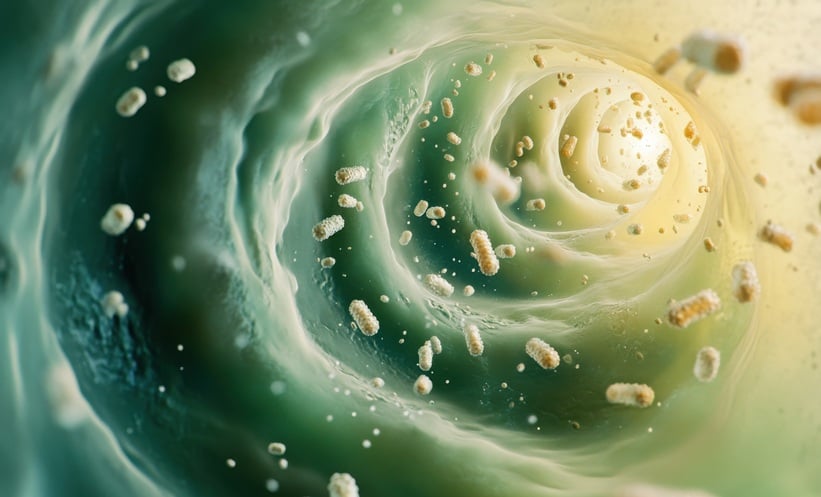EARLY-life exposure to antibiotics may impair immune responses to routine infant vaccinations, according to new research that highlights the crucial role of gut microbiota in shaping vaccine efficacy.
In this prospective study, researchers followed 191 healthy, full-term, vaginally delivered infants from birth to 15 months. The infants received standard childhood immunisations, and investigators used a systems vaccinology approach to analyse immune responses. They compared antibody responses in infants who received direct neonatal antibiotics with those who were unexposed or only exposed to intrapartum antibiotics. Stool samples were collected for metagenomic analysis, and blood samples were assessed for transcriptional immune signatures before and after vaccination.
At 7 months of age, infants exposed to antibiotics shortly after birth had significantly lower antibody titres to several components of the 13-valent pneumococcal conjugate vaccine, Haemophilus influenzae type b (Hib), and diphtheria toxoid antigens found in the combined Infanrix Hexa vaccine. This reduction was not observed in infants whose only exposure was to intrapartum antibiotics.
Neonatally exposed infants also showed a pre-vaccination inflammatory blood transcriptional profile and a reduced abundance of Bifidobacterium species in the gut microbiome. Notably, the relative abundance of these bacteria at the time of vaccination correlated with higher antibody levels 6 months later. In preclinical mouse models, vaccine responses were dependent on the presence of an intact gut microbiota and could be restored in germ-free mice through supplementation with Bifidobacterium species, including a probiotic commonly used in neonatal care.
These findings provide mechanistic evidence linking neonatal antibiotic exposure to impaired vaccine immunogenicity via microbiome disruption. Microbiota-targeted interventions, such as probiotic supplementation, may represent a viable strategy to preserve vaccine responses in antibiotic-exposed infants.
Reference
Ryan FJ et al. Bifidobacteria support optimal infant vaccine responses. Nature. 2025; DOI: 10.1038/s41586-025-08796-4.








